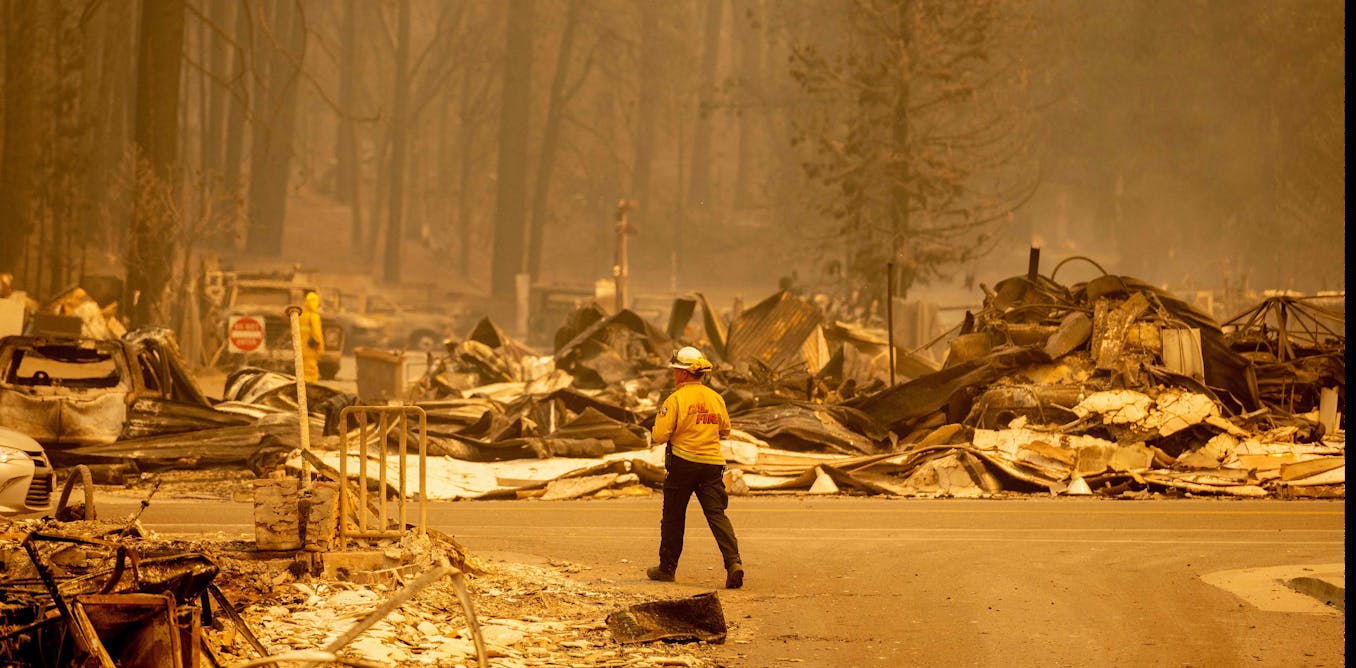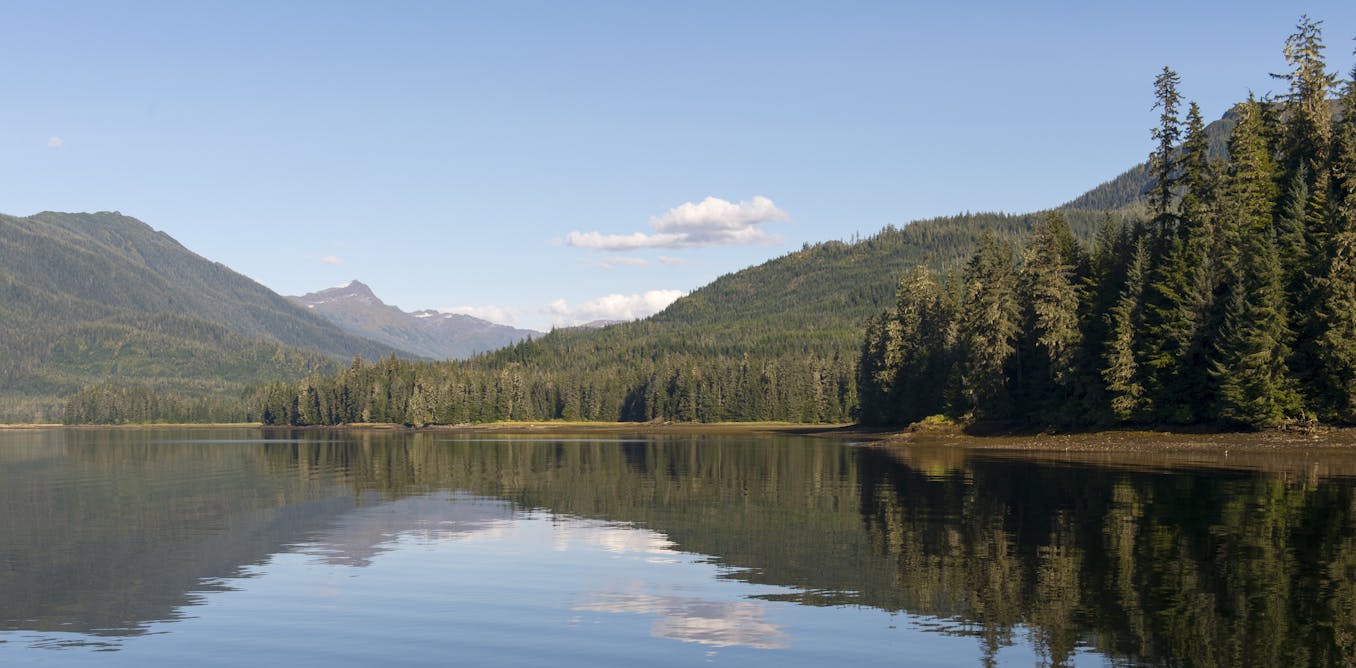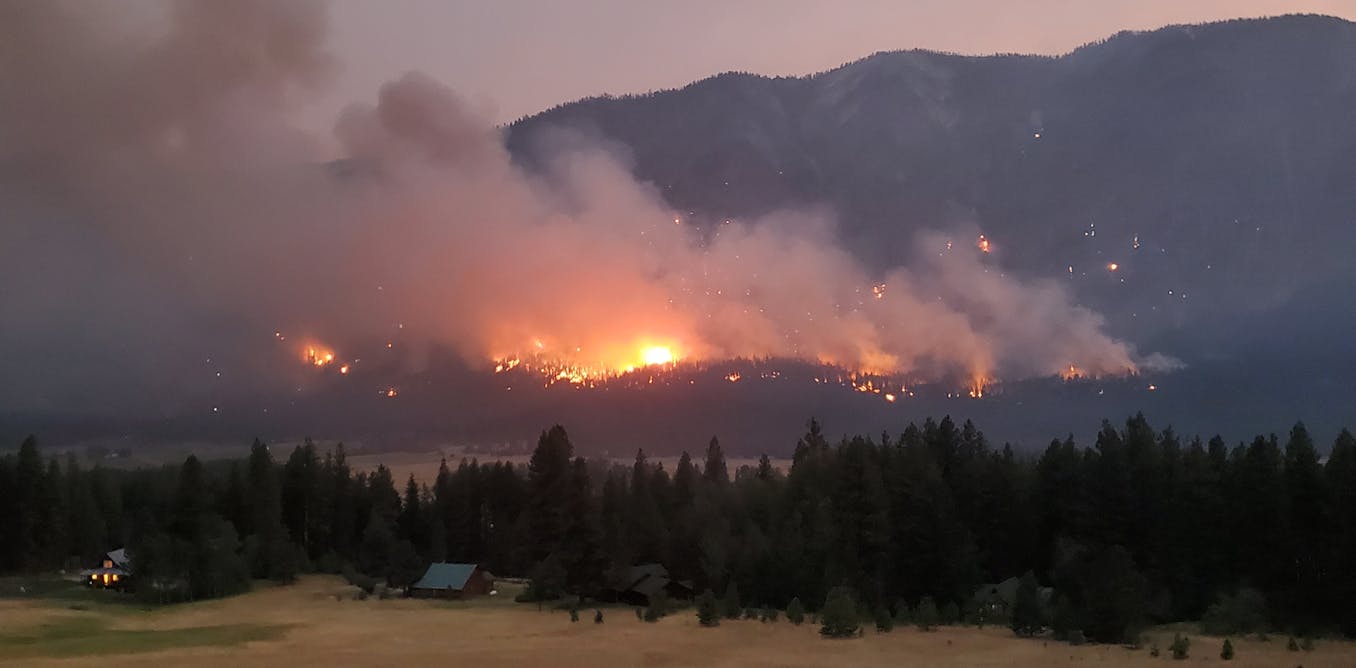The invasive emerald ash borer has destroyed millions of trees – scientists aim to control it with tiny parasitic wasps
Biological control strategies curb pests using other species that attack the invader. A biologist explains why it can take more than a decade to develop an effective biological control program.
Aug. 27, 2021 • ~8 min









